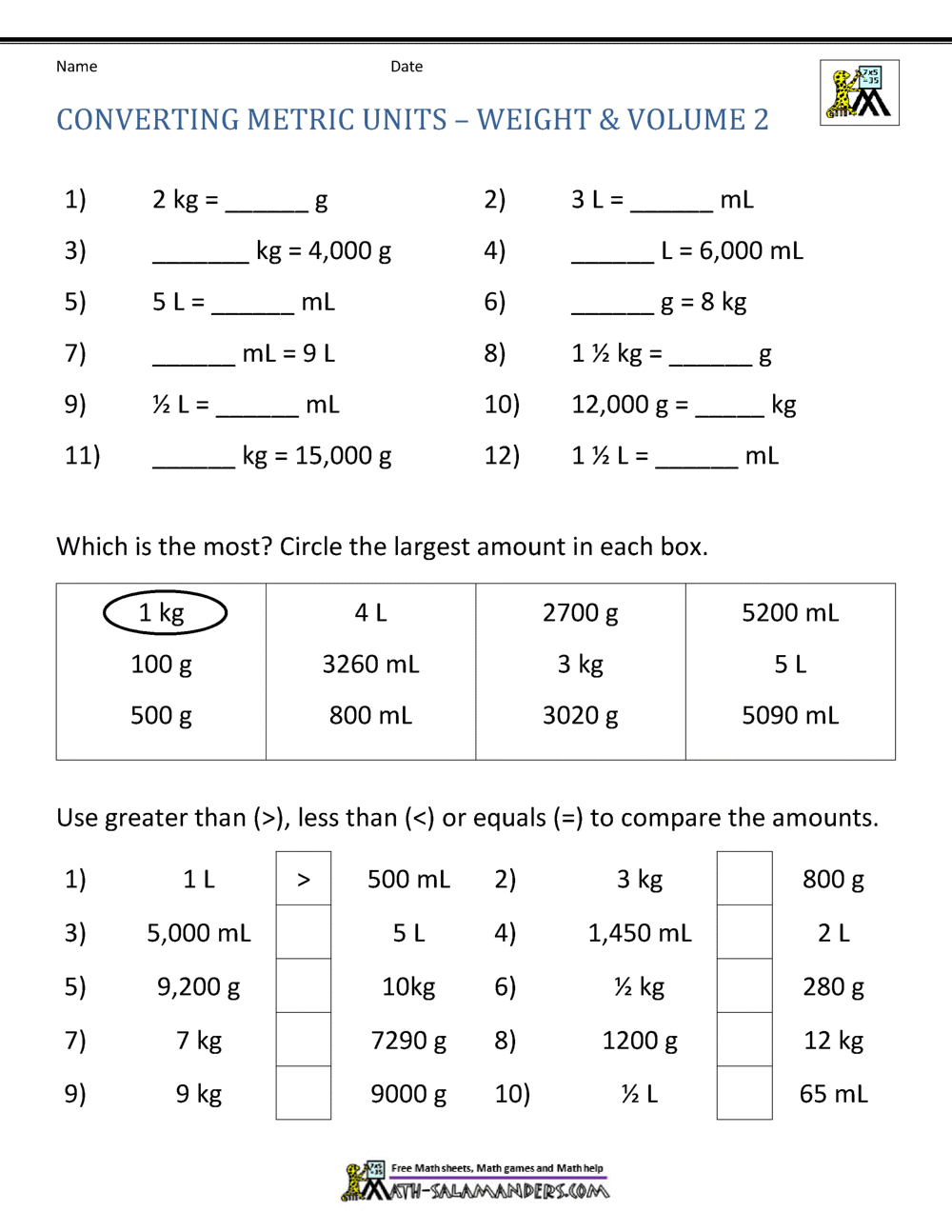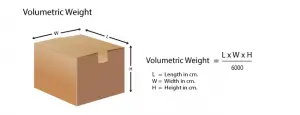

How would we calculate the volumetric weight? The conversion factor, being stackable goods and international transport, would be 333 kg/㎥. The goods are stackable and weigh 450 kg, are 1 m high, 0.8 m wide and 1.2 m long. Imagine that your company is going to make an overland shipment to the UK. Now, let’s look at an example to better understand how the volumetric weight is calculated. We will compare the result with the actual weight to choose the highest value as the taxable weight. In other words, we would apply this formula: VOLUME ( ㎥) = Length (m) x Width (m) x Height (m). This means that the only thing we have to calculate is the volume. In maritime transport the calculation of the volumetric weight is much easier, as the conversion factor is always 1 ton per cubic meter. Then the higher value between volumetric and actual weight should be chosen. In the case of air transport the conversion factor is 167. VOLUMETRIC WEIGHT (kg) = Volume ( ㎥) x Conversion factor ( ㎥/kg). Here the formula we will apply will be the same as for ground shipments of stackable goods: Once the volumetric weight has been calculated, it would be necessary to compare it with the actual weight and choose the higher value of the two to define the chargeable weight, as we have seen. It is shown in this table: Type of transport That is: VOLUMETRIC WEIGHT (kg) = Length (m) x Width (m) x Conversion factor (MLD/kg).Īs for the conversion factor, it will also depend on whether it is remountable or not, and where the transport takes place (international or domestic). In this case, the formula for calculating the volumetric weight is different: VOLUMETRIC WEIGHT (kg) = MLD x Conversion Factor (MLD/kg). This is why linear meters (LWD) are used. If it is a non-stackable or stackable load: i.e., it exceeds 120 centimeters in height, the height is no longer necessary to calculate the volume, since it cannot be grouped.Then we choose the higher value, which is what would correspond to the chargeable weight. If it is a stackable or remountable cargo: the first thing to do is to calculate the volumetric weight, according to the formula we have seen (Volume x conversion factor) and then compare it with the actual weight.To calculate the chargeable weight for road transport shipments, not only the volume of the goods to be transported must be taken into consideration, but also whether the goods are stackable or not. It is an important factor in determining the final cost of an operation in the transport of goods and its calculation is different depending on the mode of transport, since the conversion factor varies, as we shall see below. To determine it, you have to choose between the volumetric weight or the gross weight, selecting the one with the higher value of the two. The chargeable weight defines the load for which the goods will be invoiced.

We will now see why it is important to know the concept of chargeable weight. There are some market standards, which are different depending on the mode of transport (land, air or sea )and we will see below.īut here we must take into account another element: the chargeable or billable weight. The conversion factor transforms volume into billable weight. VOLUMETRIC WEIGHT= LENGTH (m) x WIDTH (m) x HEIGHT (m) x CONVERSION FACTOR ( ㎥/kg). VOLUMETRIC WEIGHT = VOLUME (㎥) x CONVERSION FACTOR ( ㎥/kg). The volumetric weight is calculated with the following formula: How is the volumetric weight of a shipment calculated?

Therefore, it allows us to know the occupation of the goods, which is essential for planning transport loads and their cost. The volumetric weight or volume weight is the calculation of the space occupied by a good within the means used for shipping (van, truck, train, plane, etc.), also taking into account its dimensions: width, length and height of the package. What is volumetric weight and why is it important?
#Volumetric weight converter how to
Therefore, in this article we explain in detail how to calculate the volumetric weight of your goods. If you work in the logistics or transport sector, you are probably familiar with this term.Ĭalculating the volumetric weightcorrectly is very important, as it allows you to choose the form of transport that best suits your needs and even save possible cost overruns on shipments.


 0 kommentar(er)
0 kommentar(er)
